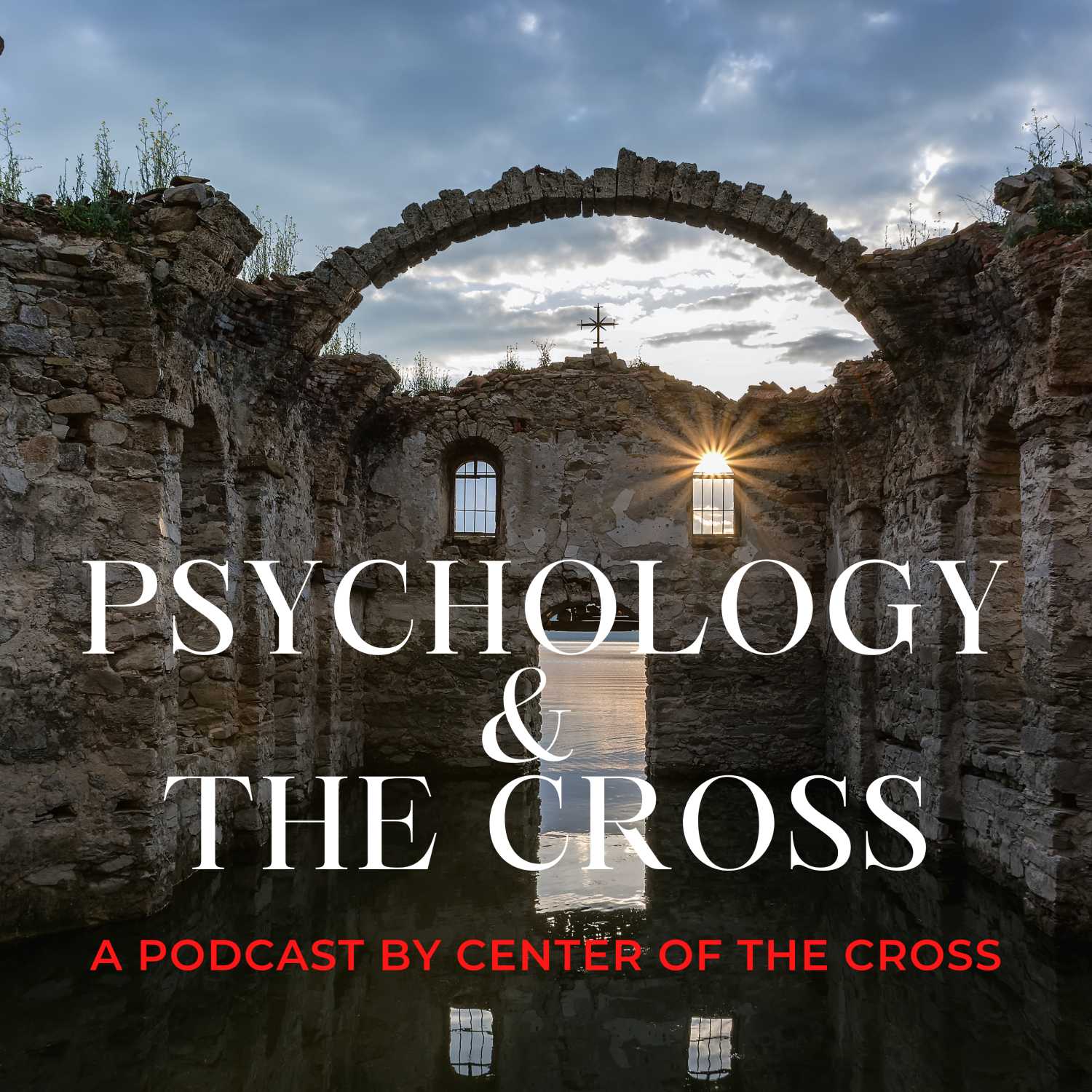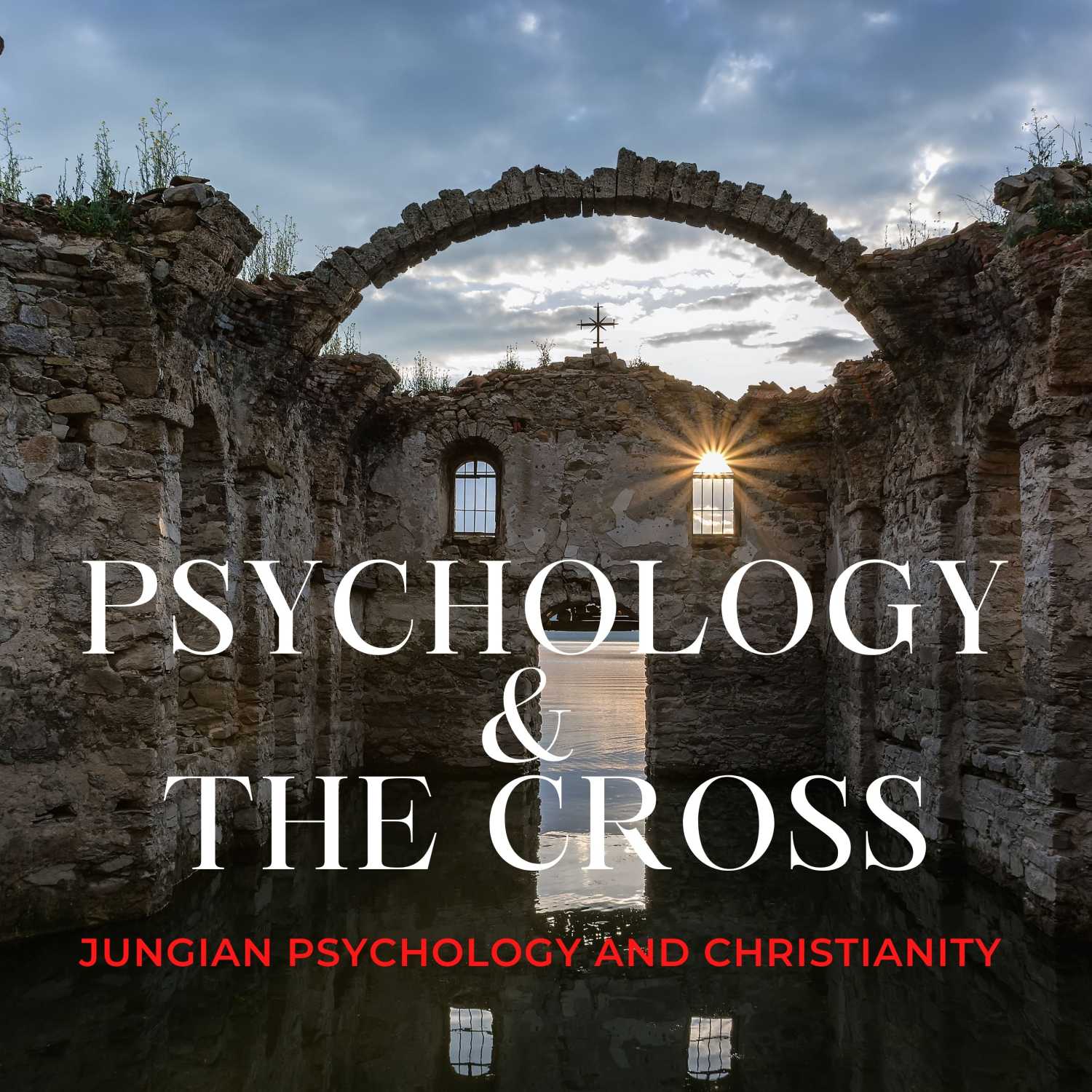
Psychology & The Cross: Foundations of Jungian Psychology
6
of
23
episodes indexed
Back to Search
-
All Episodes00:00:00
what in your view or the obstacles when trying to bridge the psychology of uh august of union and Christianity. I think I can make a very simple answer to this. Uh the obstacle is psychological absolutism, and in this regard, Wolfgang Gingerich I think is an extremely important figure, because he's he's picked this up from young, that psychology has no outside it has no limits, it has to be absolute, and he's really run with it. And so he's gotten rid of those parts of young, which don't really agree with psychological absolutism. So what is psychological absolutism means a psychology that has no outside, as we just said, but it also means a psychology that owes nothing to theology, that doesn't take any that doesn't stand to be critiqued in any regard from anything beyond cycle, whether that's a discourse such as theology or metaphysics or whether it's actually God God self, you know, you I think Gingerich is correct that a cycle psychological absolutism is has to be a theistic, it's just the doctrine of the human being.
00:01:11
And I think that here there really is no there is no there is, there is not much place for dialogue with, let's let's say, mainstream Christianity. I mean, there's a tradition of christian atheism and that that that could have some interesting possibilities here. But in terms of, let's say paul on Christianity or mainstream protestant catholic and Eastern Orthodox Christianity. Uh psychology cannot be absolutist, and there are reasons for this absolute is a shin and interestingly, they don't have anything to do with the psychology of young, they have to do with some of its philosophical presuppositions in particular with his commitment to count and the way he resolves the county and dilemma of, you know, we only deal with appearances, we don't know what the thing is in itself. Um There is another way of dealing with that problem rather than just total izing psychology, A total is psychology becomes like psychological idealism, but there's another way in which we can we can deal with the canteen problem, we can see this in german idealism and that is to speak of uh you know, of a psychology that let's say is open like an open system, a psychology that is in dialogue with something outside of itself, let's say reality a psychology which recognizes the real as in some way excessive of the ideal or of the psychological and that's the first step towards, let's say, understanding psychologically what a christian means by the trinity, because the christian does not mean merely the contents of the psyche by the trinity, they mean the creator of heaven on earth.
00:02:46
So if if we're going to listen to the christian. And rather rather than saying, oh well you're just talking about things that psychology has proven to be purely imminent to psyche, we're gonna listen to them and allow the christian to speak in their own terms, we'll have to see that there's there are legitimate reasons for contesting this absolutist ation of psychology. Um and you know, the question of dealing with the transcendent comes up, but it's not as though it's impossible to have a psychology which is also open to the transcendent. In fact, I think that that is the practice of many psychologists, but but on the level of theory we could also have a psychological theory that recognizes, let's say the Fin itude the limitations of psychology that psychology ultimately is contained by something greater than itself, call it reality. And a psychological discourse ultimately will have to be find itself limited by factors that lie outside of its purview. But would you say that young himself was sort of a modern psychological absolutist or you mean more became that?
00:03:57
Well, this is a very interesting question and that was exactly what Gingrich and I got into verbal spat over in a journal a few years ago where I tried to argue that there is nothing essentially absolute ties ng or idealist about young psychology, although it could coherently be developed in that direction. And Giger has done so, but one could develop it in another direction and just as Gingerich has had to kind of correct certain aspects of human which don't line up with psychological absolutism so too would let's say a finite psychology have to correct certain absolute izing features in. Um but these corrections are going to happen at least in terms of understanding a psychology of the finite or a finite psychology. These corrections are not going to be merely psychological, we're not gonna be moves within psychology, they're going to have to be philosophical moves. For example, we're going to have to deal with, let's say can't. And the way Young has accepted counts. Philosophical argument for the impossibility of metaphysical knowledge.
00:05:01
That's not a psychological point, that's a philosophical point which can which Young takes as a kind of a foundation that can be corrected. There's a history of dealing with that problem. In fact, one can show that can't himself is incoherent on the thing in itself and that, you know, we need to do some philosophical work here in order to correct the the assumptions of psychology. Uh, so that we do not land up in a kind of absolute stylized psychology or psychological idealism such as Gingerich has produced. Now, if you want to be a psychological absolutist, Gingerich, I think it's far more consistent, far more consistent than you. But this is one of the great things about you, you know, he's such a wild theoretician, you know, he's like a gorilla theorist, he's just all over the place and that's what makes them so exciting to read. And this is why we'll be reading him for a long, long time because he opens up so many possibilities, but we can't simply leave him where he is. And in this regard, I think bigger is absolutely right. You know, the next step forward is not simply to repeat young and reproduce his kind of wild theorizing, but actually to develop something, develop lines of thinking from Young, which maybe have to impose a little more consistency and coherence there than young himself brought to the question.

The limits of Psychology with Sean McGrath (Extra material E03)
The limits of Psychology with Sean McGrath (Extra material E03)
replay_10 forward_10
1.0x